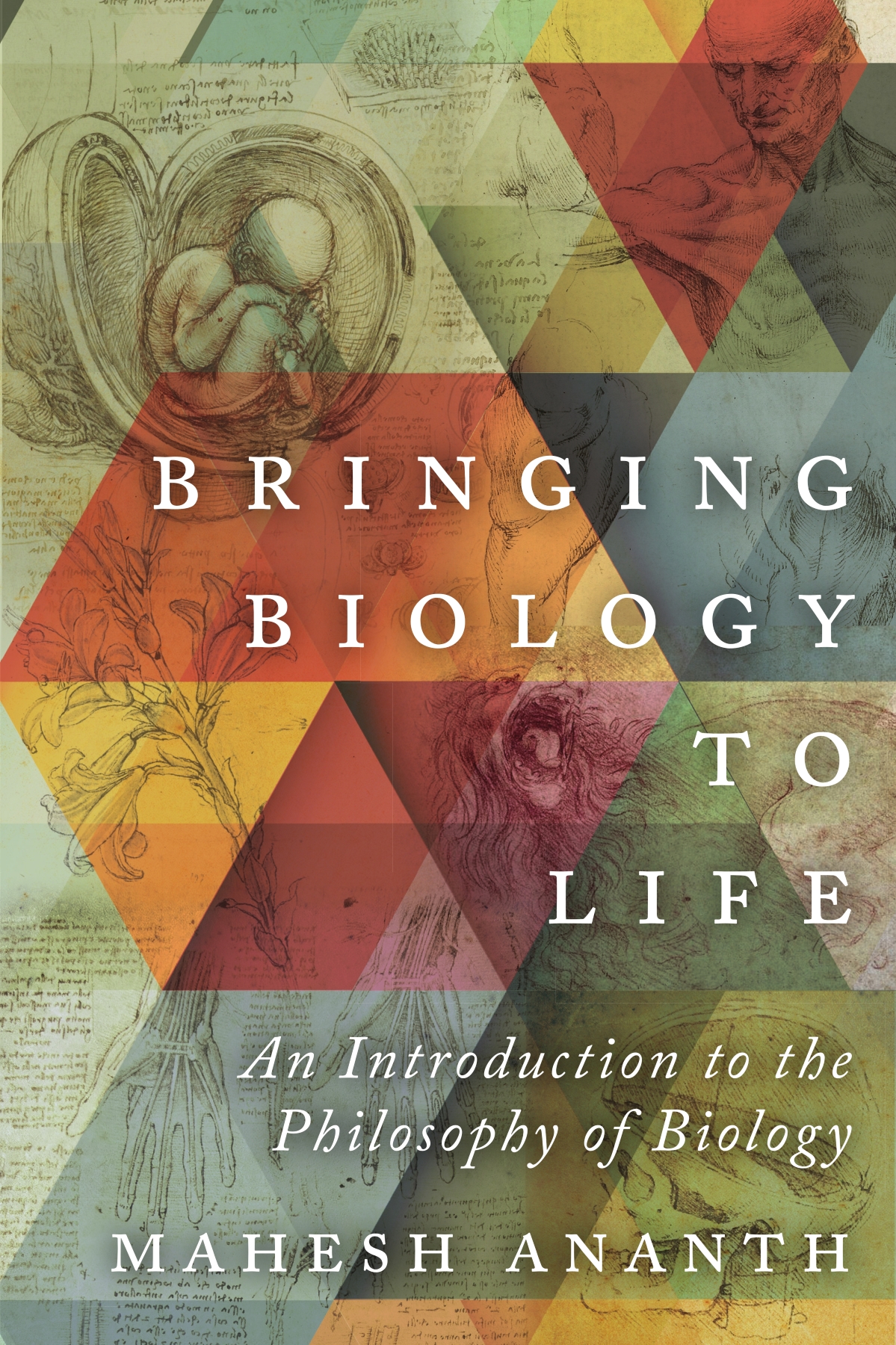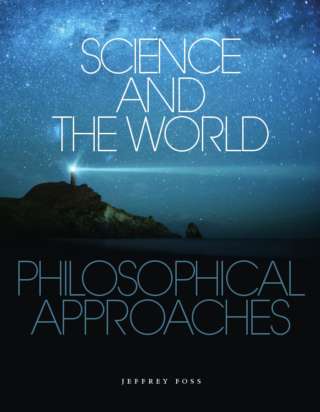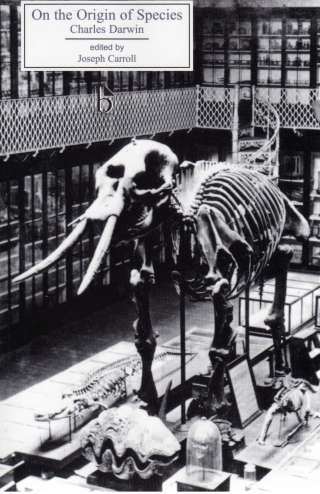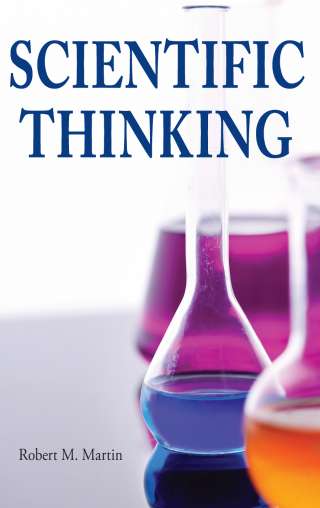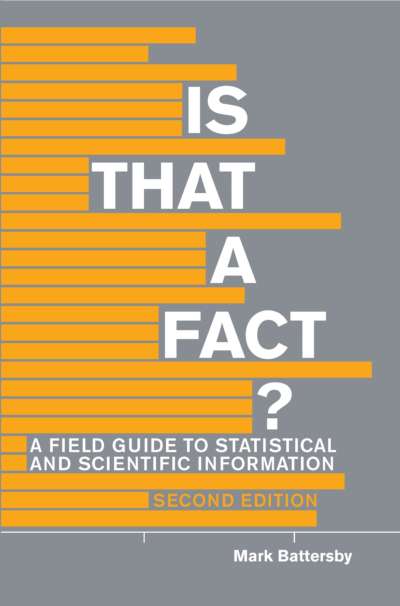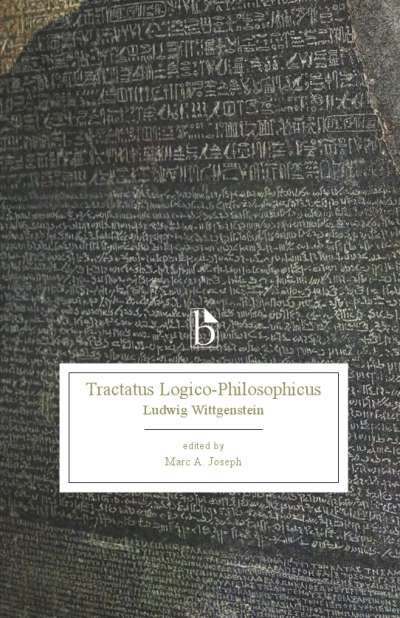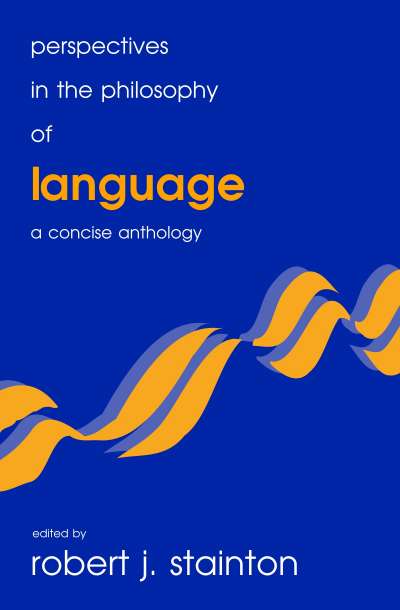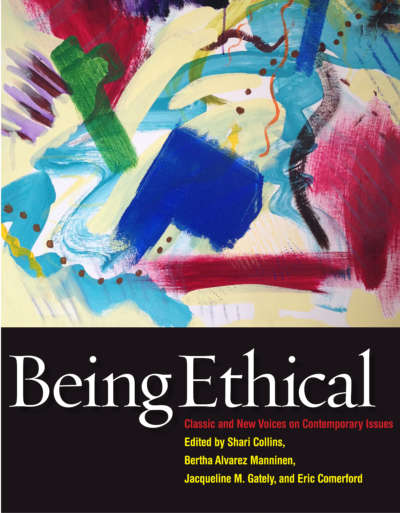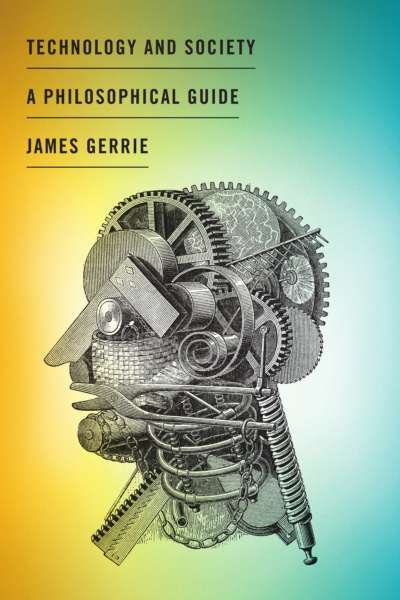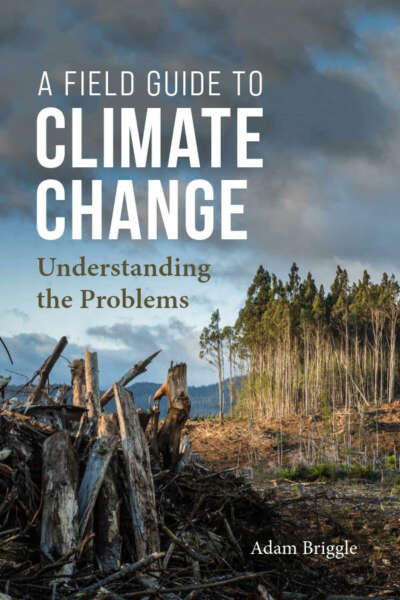Bringing Biology to Life is a guided tour of the philosophy of biology, canvassing three broad areas: the early history of biology, from Aristotle to Darwin; traditional debates regarding species, function, and units of selection; and recent efforts to better understand the human condition in light of evolutionary biology. Topics are addressed using no more technical jargon than necessary, and without presupposing any advanced knowledge of biology or the philosophy of science on the part of the reader. Discussion questions are also provided to encourage reader reflection.
Comments
“Mahesh Ananth’s Bringing Biology to Life does exactly what it promises, which is to bring to life core topics in philosophy of biology. This book will be eminently attractive not only to the relative beginner but also to the most erudite reader. Covered with remarkable breadth, depth, and élan are the following topics: the history of biological thought (notably Aristotle and Darwin), the units of selection problem, the nature of biological function, the problem of what a biological species is, and the implications of evolution for morality and ethics, psychology, and religion (especially so-called Intelligent Design). Those hoping to find a lively read will not be disappointed.” — David N. Stamos, York University
Acknowledgments
Introduction
Chapter 1 | Aristotle: The First Philosopher of Biology
- I. Giving Aristotle His Due
- II. Standing on Shoulders: Influences on Aristotle’s Philosophy of Biology
- III. Aristotle’s Philosophy of Science
- IV. From Philosophy of Science to Philosophy of Biology
- V. The Four Causes
- VI. Biological Function/Teleology
- VII. Objections to Aristotle’s Teleology
- VIII. Conclusion
- Chapter Review: Discussion and Questions
Chapter 2 | Charles Darwin: The Grandeur of a Philosophical Naturalist
- I. Introduction: The Newton of a Blade of Grass?
- II. Life and Times: Darwin’s Transformation into a Naturalist
- III. A Sketch of Darwin’s Argument in the Origin
- IV. The Origin of Darwin’s Philosophy of Science
- V. Natural Selection: Probably True or True to the Highest Degree Probable?
- VI. A Necessary Deviation: The Divine Challenge to Natural Design
- VII. Darwin’s “One Long Argument”
- VIII. Taking Stock: Assessing Darwin’s Argument
- IX. Two Lingering Worries
- X. Conclusion and Darwin’s Influence on the Philosophy of Biology
- Chapter Review: Discussion and Questions
Chapter 3 | The Unit(s) of Selection
- I. Introduction: Historical Reminder and the Keeper of Genes
- II. Laying Out the Unit(s) of Selection Debate
- III. Setting the Stage: Darwin on Individual and Group Selection
- IV. The Genetic Turn: The Nonsense of Individual and Group Selection?
- V. Gould’s Visibility and Kaleidoscope Argument: A Further Reply to Dawkins
- VI. Genic Pluralism as the Solution?
- VII. What about Group Selection?
- VIII. Taking Natural Selection Seriously: Multi-Level Selection to the Rescue?
- IX. A Snowball’s Chance? The Developmental Systems Alternative
- X. Conclusion
- Chapter Review: Discussion and Questions
Chapter 4 | Biological Function
- I. Introduction: A Fascination with Knives
- II. Function Talk and Talk of Teleology
- III. Basic Criteria for Functional Analysis
- IV. Systemic Functionalism
- V. Varieties of Evolutionary Functionalism
- VI. Conclusion
- Chapter Review: Discussion and Questions
Chapter 5 | The Species Debate
- I. Introduction: A Confusing Day at the Zoo
- II. Who Cares? Why Care?
- III. Just a Bunch of Individuals? The Nominalist Challenge
- IV. Criteria for Species Ascription
- V. Organizing the Species Debate
- VI. Engaging the Species Debate: Essentialism and Natural Kind
- Phenetic Species Concept
- Biological Species Concept
- Species as Individual Lineages
- Phylogenetic-Cladistic Species Concept
- Relational Biosimilarity Species Concept
- VII. A Plea for Pluralism and Concluding Remarks
- Chapter Review: Discussion and Questions
Chapter 6 | Naturalizing the Moral Sense: Evolution and Ethics
- I. Introduction
- II. The Three Faces of Morality
- III. Ethics Projects and Evolutionary Ethics Projects
- IV. Faces of Evolution: Evolutionary Altruism and Human Morality
- V. Objections to Naturalizing Ethics
- VI. The Evolution of the Moral Sense: Contemporary Evolutionary Ethics
- VII. How Should We Proceed? Kitcher to the Rescue?
- VIII. Conclusion
- Chapter Review: Discussion and Questions
Chapter 7 | Evolutionary Psychology
- I. Introduction: Just What the Prophet Ordered!
- II. Principles of SEP
- Mental Modules
- The Environment of Evolutionary Adaptedness
- Is Mother Goose in the House of Biology?
- III. Conclusion
- Chapter Review: Discussion and Questions
Chapter 8 | Of Gnats and Men: Evolution, Religion, and Intelligent Design
- I. Science and Religion: A Troubled Romance
- II. Design, Design, Design: Paley’s Challenge
- III. Darwin’s Dismay and Proposed Resolution
- IV. Paley’s New Defenders: The Rise of the Intelligent Design Camp
- V. The Pink Demarcation Elephant in the Room
- VI. Conclusion
- Chapter Review: Discussion and Questions
Index
Mahesh Ananth is Associate Professor of philosophy at Indiana University South Bend.
—A thorough introduction to the philosophy of biology that can be used on its own or alongside primary texts
—Presupposes no prior technical knowledge of biology or the philosophy of science
—Examines the historical progression of the philosophy of biology, from Aristotle to Darwin to contemporary thinkers
—Addresses central debates regarding species, function, and units of natural selection
—Later chapters discuss evolutionary biology’s bearing on ethics, psychology, and religion
—Review questions are included at the end of each chapter

